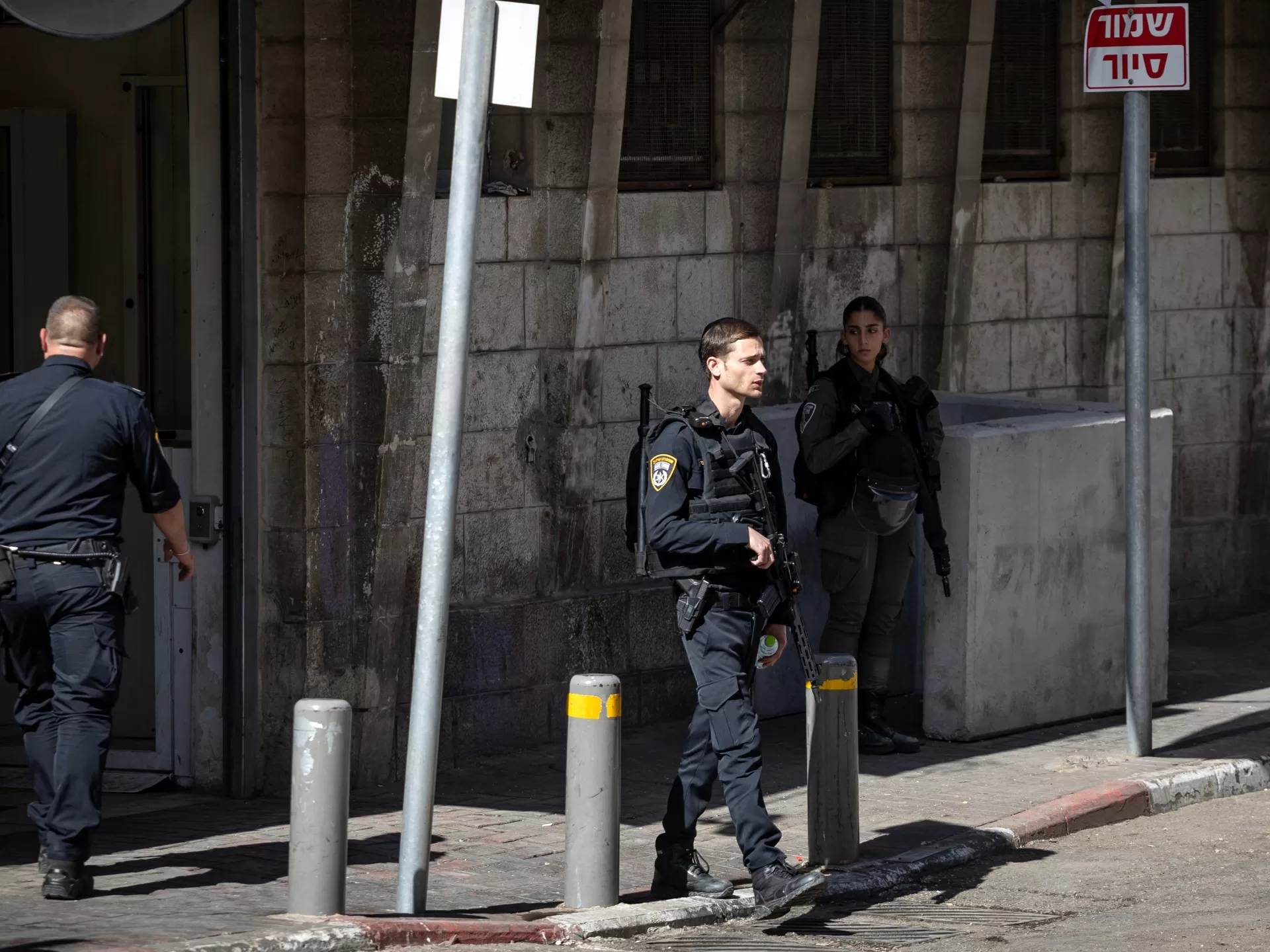Human rights groups say the amendment to Israel’s counterterrorism law is tantamount to thought policing.
The bill, which was approved by a 13-4 majority in the Knesset, is a temporary two-year measure that amends Article 24 of the counterterrorism law to ban the “systematic and continuous consumption of publications of a terrorist organization under circumstances that indicate identification with the terrorist organization”.
It identifies the Palestinian group Hamas and the ISIL (ISIS) group as the “terrorist” organisations to which the offence applies. It grants the justice minister the authority to add more organisations to the list, in agreement with the Ministry of Defence and with the approval of the Knesset’s Constitution, Law, and Justice Committee.
The “consumption of terrorist materials” offence carries a maximum penalty of one year in prison.
The bill outlines that it is aimed at tackling the phenomenon of “lone-wolf terrorism”, or the radicalisation of individuals through media consumption.
Human rights groups in Israel have said it is tantamount to thought policing.
“This law is one of the most intrusive and draconian legislative measures ever passed by the Israeli Knesset since it makes thoughts subject to criminal punishment,” said Adalah, the Legal Centre for Arab Minority Rights in Israel. It warned that the amendment would criminalise “even passive social media use” amid a climate of surveillance and curtailment of free speech targeting Palestinian citizens of Israel.
“This legislation encroaches upon the sacred realm of an individual’s personal thoughts and beliefs and significantly amplifies state surveillance of social media use,” the statement added. Adalah is sending a petition to the Supreme Court to challenge the bill.
The Association for Civil Rights in Israel also slammed the amendment, saying it has “no precedence” in democratic countries, and that its ambiguity ultimately leaves its interpretation to the enforcing authorities.
Some 1.2 million Palestinians hold Israeli citizenship and constitute about 20 percent of the country’s population.
Since the war began on October 7, Palestinian citizens of Israel have been subject to an unprecedented campaign of arrests for speech-related offences, mostly over social media posts. Dozens have been suspended or expelled from jobs, universities and colleges.
Knesset legal adviser Gur Bligh, who had raised concerns about the bill’s previous version, said that adding a provision that specifies that the individual should also identify with the group publishing the content is sufficient to avoid “excessive criminalisation”, Israeli media reported.
At least 10,569 Palestinians, including 4,324 children, have been killed in the Gaza Strip as Israel continues its ground and aerial offensive, which has reduced entire neighbourhoods to rubble. An estimated 1.5 million people are now internally displaced in Gaza, according to the United Nations.
More than 1,400 people, mostly civilians, have been killed in an attack by Hamas on southern Israel on October 7.
